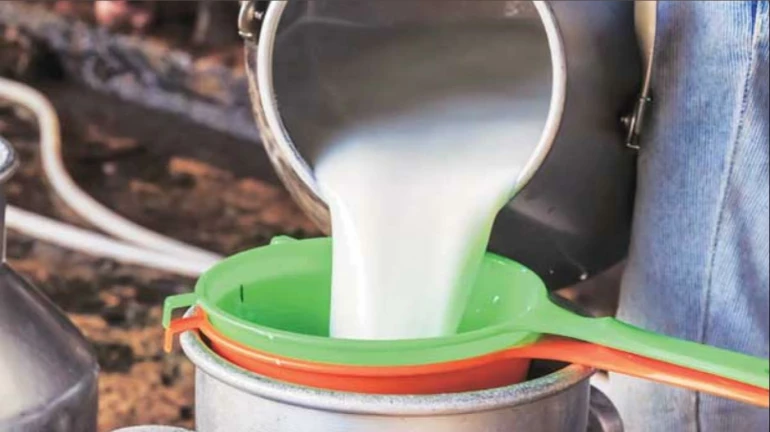
In a decisive move to address the persistent issue of milk adulteration, Maharashtra’s Food and Drug Administration (FDA) has introduced mobile testing vans capable of on-the-spot screening. These vehicles, designed as fully functional mobile laboratories, have been equipped with precision milk analyzers and advanced data systems to detect adulterants and upload results in real time.
The initiative has been aimed at enhancing enforcement capabilities and rebuilding public trust in the safety of milk supplied across the state. Until now, milk inspections had depended on laboratory-based analyses, resulting in significant delays. However, with mobile testing becoming operational by next month, violations will now be identified and addressed instantly during field inspections.
According to FDA sources, the vans can test up to 50 samples a day. Each unit contains high-end analyzers that assess fat content, protein levels, SNF (solids-not-fat), and density. Additionally, they are capable of detecting harmful elements such as starch, detergent, glucose, ammonium sulfate, and urea. All results are digitally logged and geo-tagged to a central database, enabling FDA headquarters to spot trends and identify adulteration-prone regions swiftly.
Initially, the vans are to be deployed at key entry points in Mumbai, including Mulund, Dahisar, Mankhurd, and Airoli—locations previously associated with contaminated milk transportation. The vehicles will also cover local markets, rural dairy stations, and zones flagged for poor regulatory compliance. It was stated by senior FDA officials that the mobile labs would not only serve as enforcement tools but also act as deterrents. The visibility of such vans is expected to discourage intentional adulteration by milk suppliers.
The crackdown is being supported by field activity. Earlier this year, 262 raids were carried out across the state, and 543 milk samples were collected. One vehicle carrying substandard milk was intercepted and turned back at Mankhurd. Last year, a Govandi resident’s tip led to the seizure of adulterated milk that failed to curdle despite acid exposure. The presence of synthetic substances was later confirmed by lab testing.
To further strengthen its surveillance network, the FDA has announced plans to hire 175 additional food safety inspectors.Medical professionals have also voiced concern over the health hazards posed by adulterated milk. Dr. Gautam Bhansali of Bombay Hospital warned that chemicals such as detergents and urea could damage vital organs and pose serious risks to vulnerable populations.





